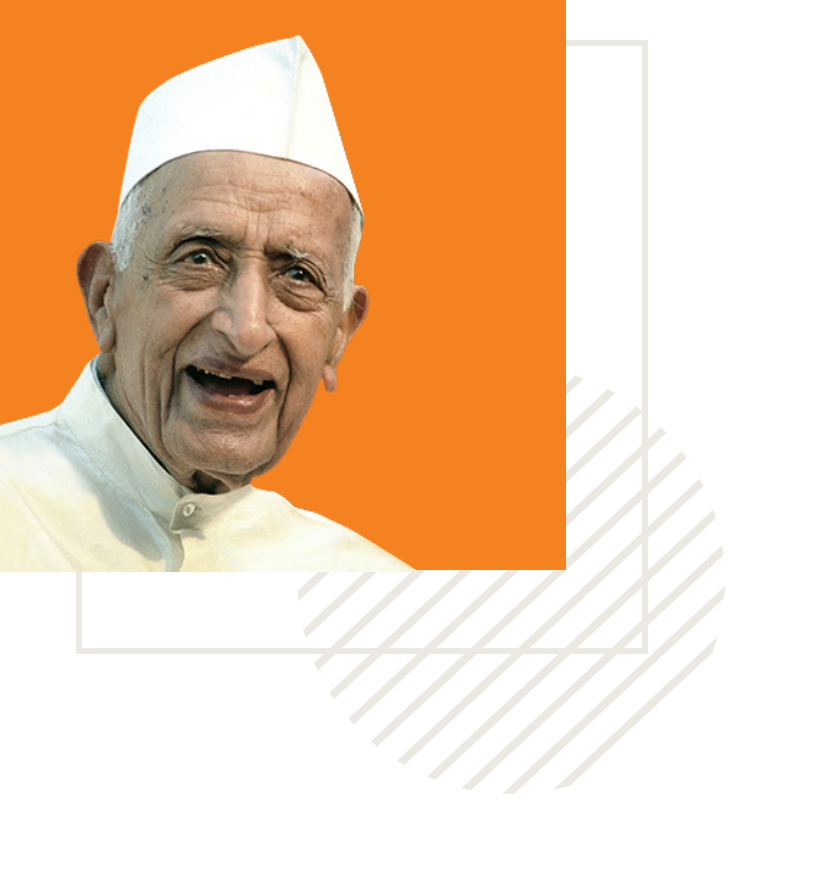In September 1959, Shri Karamshibhai Jethabhai Somaiya - a philanthropist and a visionary, envisaged the blending of value education along with the advanced science teaching which eventually gave birth to ‘Somaiya Vidyavihar’.
In the following five decades, the Somaiya Vidyavihar campus grew to 35 institutions catering to the needs of students from primary to postgraduate and doctoral level. The educational conglomerate located in a lush green campus admeasuring 56 acres of land at Vidyavihar and 35 acres at Sion, Chunabhatti in the eastern suburb of Mumbai, is an institution to be reckoned with. Somaiya Vidyavihar is recognized both nationally and internationally. Shri Samir S. Somaiya, the grand-son of the Founder and the President of Somaiya Vidyavihar has provided a dynamic leadership to this establishment.








